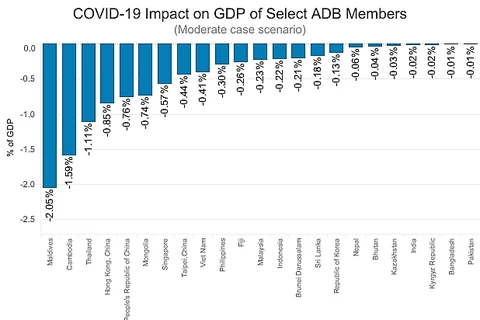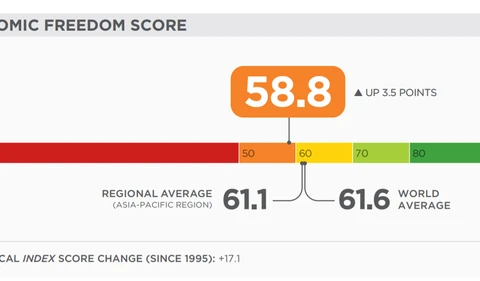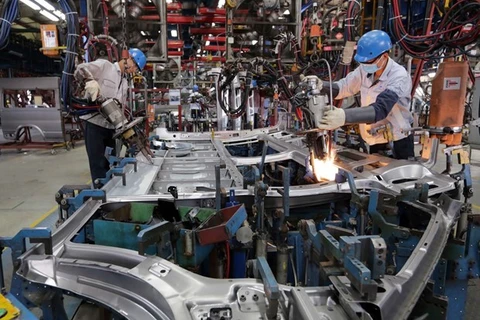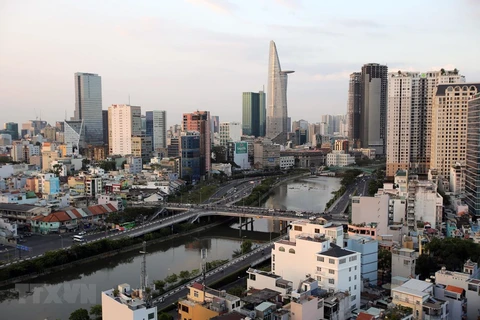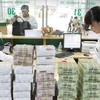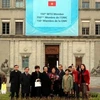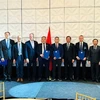Hanoi (VNA) – While Vietnam remains significantly exposed to the COVID-19 outbreak and the ongoing turbulence in the global financial markets, its economy stays resilient to external shocks in the first few months of 2020, according to the World Bank (WB).
In its East Asia and Pacific Economic Update April 2020, the WB said on the upside, Vietnam is strongly positioned to benefit from numerous free trade agreements that are coming into force over the forecast period.
In the first two months, its exports have expanded by 8 percent, FDI inflows amounted to 2.5 billion USD and retail sales were up by 5.4 percent, the bank said, noting that while prospects remain favourable for the Vietnamese economy in the medium term, GDP growth will be affected negatively by the recent coronavirus outbreak, now a global pandemic.
The WB cited preliminary estimates as suggesting that the rate of expansion of the economy could decline to about 4.9 percent in 2020.
The most important negative impacts associated to the outbreak are on tourism and on manufacturing due to supply chain disruptions. Inflationary pressures are projected to increase temporarily.
With many households now wage dependent even in rural areas, a slowdown in tourism, hotels, and catering as well as manufacturing sectors could temporarily increase poverty during the first half of 2020, the WB predicted.
According to the report, the fiscal deficit will temporary increase in 2020 due to lower revenue and the fiscal stimulus that will partially compensate for the negative effect of the global pandemic on the Vietnamese economy.
Over the medium term, growth is projected to rebound back to 7.5 percent in 2021 and converge at around 6.5 percent in 2022, reflecting an improved external demand and a firming of the services sector, as well as a gradual recovery in agricultural production, the WB added.
It also suggested Vietnam manage external risks by diversifying its trade flows, improving its competitiveness and adhering to new trade agreements./.
VNA

